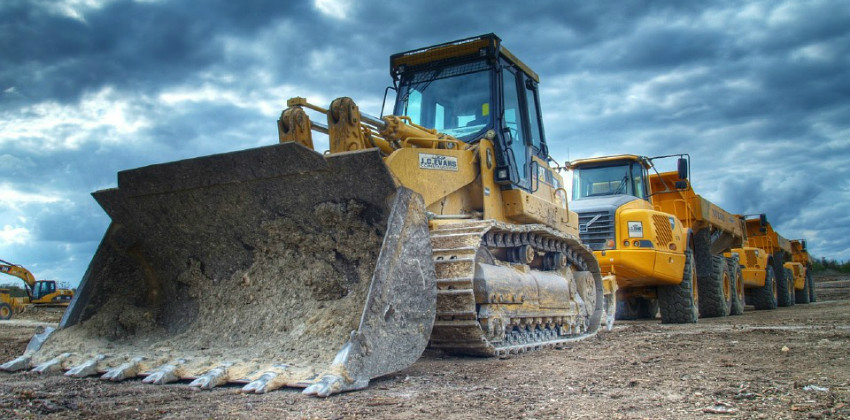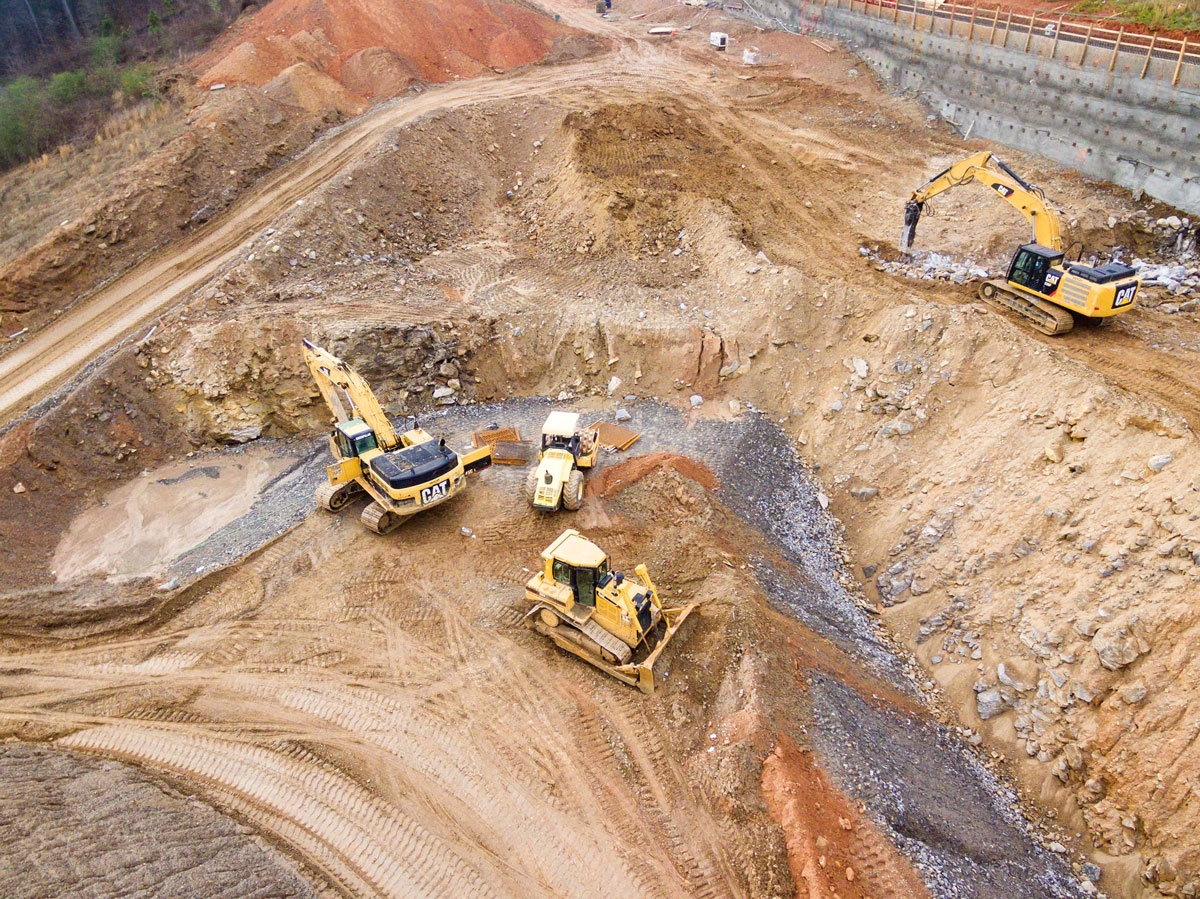Trustworthy Construction Equipment Rentals for Your Tasks
Trustworthy Construction Equipment Rentals for Your Tasks
Blog Article
Renting Vs. Buying Construction Tools: Making the Right Selection for Your Task
When beginning on a building task, one of the essential decisions that project stakeholders and managers encounter is whether to buy or rent building and construction tools. The decision pivots on various variables such as price considerations, project period, devices upkeep, versatility, danger, and scalability administration.
Cost Considerations
When reviewing the monetary facet of renting versus acquiring building and construction equipment, the lasting expenses and ahead of time costs need to be thoroughly thought about. Leasing equipment usually requires lower first repayments compared to buying, making it an appealing alternative for temporary jobs or professionals with spending plan restrictions. Renting eliminates the requirement for huge funding outlays and reduces the financial danger related to devices ownership, such as upkeep and devaluation costs. Nevertheless, in the long run, continuously renting out devices can collect greater expenses than buying, specifically for extensive projects.
On the various other hand, purchasing building and construction equipment entails higher ahead of time expenses but can lead to long-term financial savings, particularly for frequent customers or lasting projects. Owning equipment provides versatility, ease, and the possibility for resale value once the task is finished. Additionally, possessing equipment enables for customization and experience with specific machinery, potentially enhancing effectiveness and productivity on-site. Inevitably, the decision between leasing and purchasing construction tools rests on the job's duration, frequency of use, budget factors to consider, and long-lasting economic goals.
Project Period
:max_bytes(150000):strip_icc()/Balance_Must_Have_Earth_Moving_Construction_Heavy_Equipment_844586-c5b6ac9e5c074c11ad41e9acaea8f099.png)
Conversely, for long-lasting projects or recurring building work, buying tools could be the extra economical choice. Investing in equipment can lead to set you back savings in the long run, specifically if the tools will certainly be regularly utilized. Moreover, owning tools gives a sense of control over its availability and enables customization to fit specific project requirements.

Equipment Upkeep
Provided the crucial duty project duration plays in figuring out the most economical method in between renting out and purchasing building tools, the emphasis now changes in the direction of examining the essential aspect of tools upkeep. On the other hand, possessing devices needs a positive approach to upkeep to protect against failures, ensure security, and expand the tools's lifespan. Eventually, a well-maintained building and construction equipment fleet, whether rented out or had, is necessary for the effective and reliable conclusion of construction tasks.
Flexibility and Scalability
In the realm of construction equipment administration, the aspect of versatility and scalability holds considerable relevance for project effectiveness and source usage. Deciding to rent out building and construction devices gives a high degree of flexibility as it allows for the fast modification of equipment kinds and amounts based on the progressing needs of a project.
Leasing construction tools supplies the advantage of conveniently scaling procedures up or down as project needs vary. Service providers can quickly trade or pile driving equipment for sale add equipment to match the job's transforming needs without the restraints of owning assets that may become underutilized or out-of-date.
Danger Management
Effective risk management in construction tools operations is paramount to making certain project success and mitigating possible monetary losses. Building projects inherently include different dangers, such as devices breakdowns, accidents, and job delays, which can substantially influence the job timeline and spending plan. By very carefully considering the dangers connected with owning or renting building and construction tools, project supervisors can make informed decisions to lessen these prospective risks.
Renting out building tools can offer a level of danger reduction by moving the responsibility of repair and maintenance to the rental company. This can decrease the financial problem on the task proprietor in instance of unexpected tools failures (forklift rental). Furthermore, renting supplies the versatility to accessibility customized tools for details job phases, lowering the danger of possessing underutilized equipment
On the various other hand, having building tools offers a sense of control over its use and maintenance. However, this also implies bearing the complete responsibility for repair services, maintenance expenses, and devaluation, raising the economic dangers connected with tools ownership. Mindful danger assessment and factor to consider of variables such road paving equipment as job period, tools application, and upkeep needs are critical in determining the most ideal option for effective danger monitoring in building projects.
Conclusion
To conclude, when deciding between acquiring and renting construction devices, it is essential to consider expense, job duration, tools upkeep, flexibility, threat, and scalability monitoring. Each factor plays a critical role in determining the most suitable option for the project at hand. By carefully reviewing these aspects, job supervisors can make an informed choice that aligns with their budget, timeline, and total project objectives.

Report this page